Promoting Sexual Reproductive Health Education in Uganda
In Uganda, parents and schools often lack the confidence to address sexual reproductive health (SRH) education, leaving children—especially girls—vulnerable to challenges. Conversations about SRH can be uncomfortable, controversial, and even dangerous.
Recognizing this gap, the Action in Africa (AIA) Scholarship Department identified a critical need to increase awareness and knowledge among students. Their goal is to promote healthy behaviors, dispel myths and misconceptions, empower students to make informed choices, encourage open communication, and promote gender equality. Given the high number of adolescents at the center, AIA organized a training session before misinformation could take root. This full-day training took place on January 20, 2025, at the Nakuwadde Center and was facilitated by tutors from the Straight Talk Foundation Uganda, led by Carol Karungi and Keneth Katamba.
After the training, Carol shared insights into SRH, explaining that it encompasses physical, mental, emotional, and social well-being. It involves the right to make decisions about one's body, including the ability to engage in safe and pleasurable sexual experiences and the freedom to decide if, when, and how often to reproduce. She highlighted that many Ugandan parents shy away from discussing SRH, often leaving this responsibility to “aunties”—who themselves may lack accurate information.
The training covered various topics, including relationships, teenage pregnancy, drug and substance abuse, body changes, coping with adolescence, love versus lust, and sexually transmitted infections (STIs). Carol emphasized that students need guidance on broadening their perspectives, making informed decisions, preventing early and unwanted pregnancies, managing body growth, and protecting themselves from STIs such as HIV/AIDS, syphilis, gonorrhea, and hepatitis B through abstinence or the use of protection.
Carol and Keneth also discussed the spiritual dimensions of sexual health and provided practical knowledge on menstruation management. One striking moment came when Keneth said that some girls cry on their first day of menstruation because of the lack of information they’ve received. If they were educated beforehand, they wouldn’t feel scared, shy, or embarrassed when they first experience menstruation.
Carol urged the government to introduce universal SRH education in schools and encouraged parents to be proactive in educating their children to help address reproductive health challenges. She and Keneth praised AIA for spearheading such initiatives.


